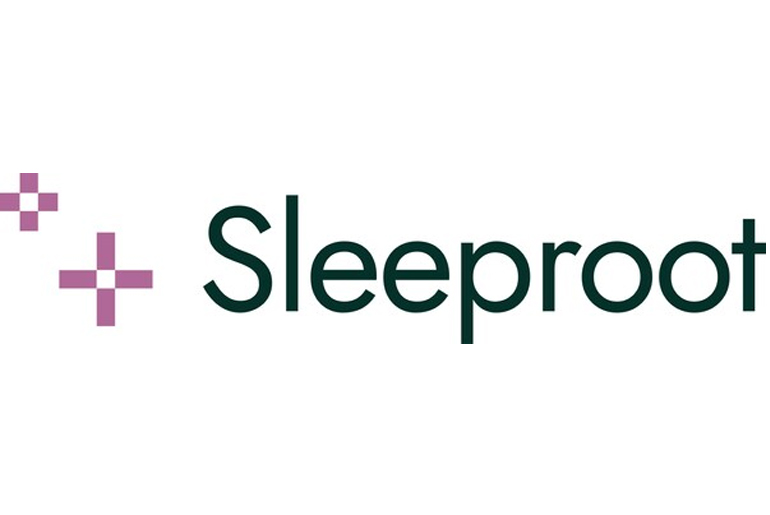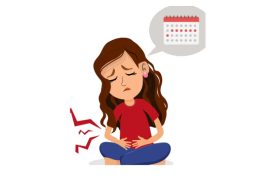A recent study conducted by OmniActive Health Technologies, a reputable company specializing in scientifically validated and nature-based ingredients for nutrition brands worldwide, has unveiled the potential benefits of their proprietary product, Sleeproot. This product, a standardized valerian extract, was the focus of the study, which aimed to evaluate its effectiveness in enhancing sleep quality and mitigating occasional anxiety. The findings, published in Advances in Therapy, demonstrated that Sleeproot had a positive impact on sleep quality as measured by the Pittsburgh Sleep Quality Index questionnaire. Additionally, the study indicated significant improvements in various aspects of sleep, including reduced sleep latency, increased sleep duration and efficiency, decreased daytime sleepiness, and an enhanced feeling of refreshment upon waking. Importantly, it also showcased a reduction in anxiety scores. These promising results suggest that Sleeproot may offer a natural solution for individuals seeking to improve their sleep quality and manage occasional anxiety. Further research and consultation with healthcare professionals are advisable for those interested in exploring these benefits.
- reduced sleep latency, allowing participants to fall asleep more quickly.
- significantly increased sleep duration and sleep efficiency (time asleep vs. time spent in bed).
- lowered daytime sleepiness scores.
- helped participants wake up feeling refreshed.
- led to a reduction in anxiety scores throughout the study.
In a comprehensive and well-designed study, OmniActive Health Technologies conducted a randomized, double-blind, placebo-controlled trial involving 72 healthy adult participants (both male and female) aged 21 to 48 years who had been experiencing sleep issues. Over the course of 8 weeks, these participants were provided with Sleeproot, a standardized valerian extract, in capsule form. The daily dose of 200 mg was administered one hour before bedtime. The research was conducted with regular study visits to closely monitor the outcomes related to sleep quality and occasional anxiety.
“These findings represent an innovative plant-based approach to managing occasional sleep and anxiety issues,” stated Deshanie Rai, PhD, FACN, VP, Global Scientific, and Regulatory Affairs at OmniActive. “This study shows that Sleeproot, a low dose valerian extract, at a 2% valerenic acid potency, can significantly improve aspects of sleep quality, as measured by validated quantitative and qualitative sleep methodologies.”
To assess the effects of Sleeproot, a combination of validated sleep assessment tools was employed. This included the Pittsburgh Sleep Quality Index (PSQI), a widely recognized questionnaire for evaluating various aspects of sleep quality. Additionally, Wrist Actigraphy, a non-invasive method that tracks sleep patterns through wrist movement, and Polysomnography, a comprehensive sleep study that monitors physiological parameters during sleep, were used to gather data.
The research focused on several key parameters of sleep quality, such as sleep latency (the time it takes to fall asleep), sleep duration (the total time spent asleep), sleep efficiency (the ratio of time spent asleep to time spent in bed), daytime sleepiness levels, and the subjective feeling of being refreshed upon waking. These parameters were systematically measured to provide a comprehensive understanding of how Sleeproot affected sleep quality.
“These findings show that Sleeproot can offer a non-hormonal approach for those seeking to improve sleep quality and a natural way to manage occasional anxiety,” states Kratika Gupta, Global Marketing Lead at OmniActive. “This ingredient’s unique benefits and safety profile positions Sleeproot as a perfect plant-based alternative to conventional interventions, catering to wellness companies that are seeking a comprehensive natural solution for sleep and anxiety concerns.”
In addition to sleep-related measurements, the study also incorporated the Beck Anxiety Index to assess and quantify feelings related to occasional anxiety among the participants.
The study’s rigorous design, with a large sample size, use of validated assessment tools, and a double-blind, placebo-controlled approach, provides substantial credibility to the findings. The results indicated that Sleeproot had a significant and positive impact on sleep quality, reducing sleep latency, increasing sleep duration and efficiency, lowering daytime sleepiness, and enhancing the feeling of being refreshed upon waking. Furthermore, it demonstrated a reduction in anxiety scores. These findings suggest that Sleeproot, as a nature-based ingredient, may offer potential benefits in improving sleep quality and managing occasional anxiety in individuals experiencing sleep issues. However, it is important to recognize that individual responses may vary, and further research and consultation with healthcare professionals are advisable when considering such interventions.
Disclaimer:
The information contained in this article is for educational and informational purposes only and is not intended as a health advice. We would ask you to consult a qualified professional or medical expert to gain additional knowledge before you choose to consume any product or perform any exercise.






